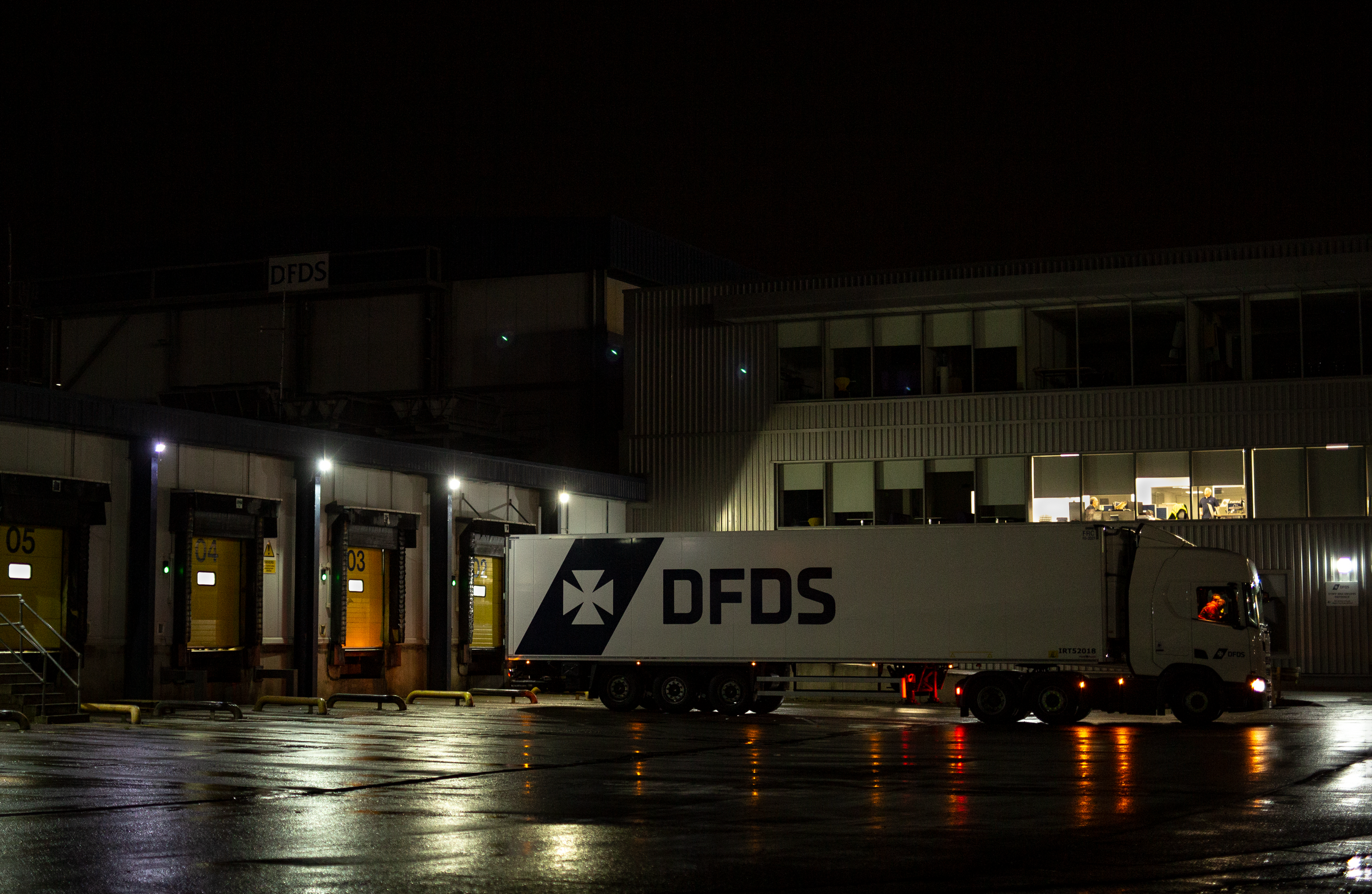The ability to track a truck’s location upon request, and check in real time the levels of temperature, provides an advantage to people responsible for the entire truckload. When speaking of supply chain management on a consumer level, there’s very little information about the challenges people face. It is a huge responsibility to transport perishable foods while keeping their integrity.
Long-range transportation services have been a nightmare for logistics services, but when perishable goods are involved, it gets even more complicated. However, GPS technologies have evolved and paved the path for advanced administration systems that allow producers and executives to closely monitor and manage shipment conditions throughout the entire transportation. Refrigerated transport services involves the use of special temperature-controlled vehicles. These vehicles are equipped with a built-in refrigeration system that keeps the products they transport at the appropriate temperature during the route.
What are perishable goods?
First, it is important to understand what is considered a perishable product, and why it is essential to keep it in a temperature-controlled environment. Perishable goods have a short shelf life and if they are not always kept at the proper temperature level, they can get spoiled or become dangerous to use. Vegetables, fruits, spices, cereals, dairy foods, meat and poultry are some examples of perishable products. Because of their short lifespan, it is more difficult to transport these products through the supply chain to customers before they lose value or worse, spoil. Perishable product transportation is more complicated than many other types of product transportation.
Is the GPS helping?
GPS technology is used for more than simply tracking the position and movement of vehicles. These cutting-edge systems can be upgraded with additional sensors and software modifications to remotely monitor cargo hold temperature levels and trigger an alert in the event of an emergency or cooling system malfunction. The collected data and key event notifications must be communicated to the right people as soon as possible so that appropriate actions can be performed. GPS monitoring solutions may notify business owners and field supervisors nearly instantly by email, SMS, or smartphone notifications, giving them enough time to deal with the matter at hand. Some PROs of having GPS tracking systems are:
1. Monitoring of temperature and humidity
People in charge of the cold supply chain will have comprehensive visibility over the quality of their shipments – thanks to sensitive sensors that measure ambient temperature and humidity levels. The compact, wireless sensors may be set up in any area and collect data to build an accurate mapping of temperature levels along the voyage. The temperature of a shipment is automatically monitored and logged, and this data is available in real time on any mobile device or computer in the world.
2. Actual time-tracking
Logistics and transportation operations are difficult to manage for a reason; countless things might go wrong for no reason, such as vehicle problems, cooling system failures, accidents, cargo theft and so on. With GPS, it is possible to know exactly where the trucks are, always, as well as the state of the cargo that is on board. One of the primary reasons fleet management solutions have transformed entire business industries is because of the on-demand access to real-time, actionable data.
3. Event notifications
GPS-based fleet management solutions work hand in hand with cloud-based tracking software that can be programmed to notify even minor temperature changes. Event alerts provide a consistent flow of information and keep business owners and field managers up to date on the status of their shipments. Emergency notifications enable the responsible parties to deal with any problem as soon as possible. For example, if a refrigerator unit fails, the driver can be notified quickly, and roadside service teams can be dispatched to the vehicle’s position. A prompt response can mean the difference between a spoiled package and a package in perfect shape.
By rising operational expenses, consumer demand, and resource management challenges, remote temperature and humidity monitoring systems may be the key to streamlining long-distance transportation services while ensuring a pristine delivery of the perishable goods.



 Bitcoin
Bitcoin  Ethereum
Ethereum  Tether
Tether  XRP
XRP  Solana
Solana  USDC
USDC  Cardano
Cardano  TRON
TRON  Lido Staked Ether
Lido Staked Ether  Avalanche
Avalanche  Toncoin
Toncoin